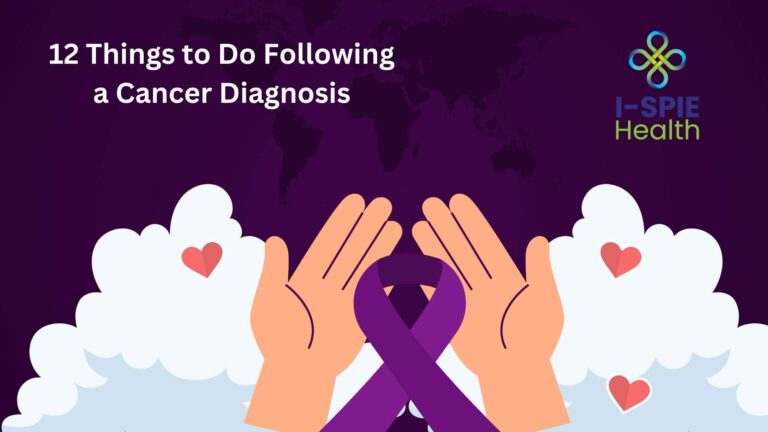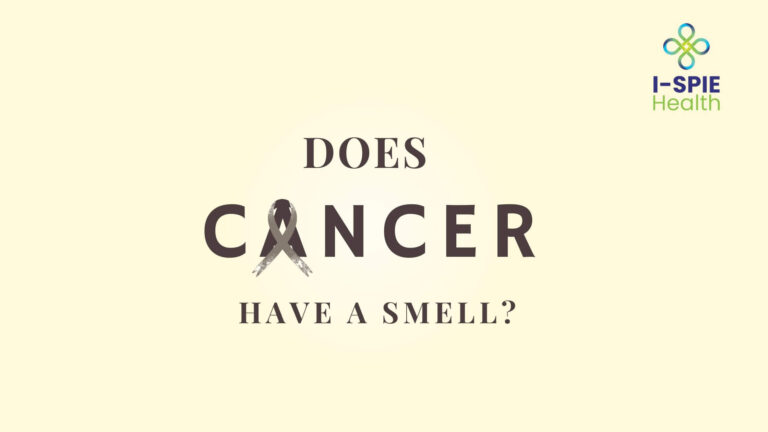Cancer diagnosis and treatment are not just physical battles; they come with significant emotional and psychological challenges. Cancer Anxiety is a common response, affecting many patients as they navigate their journey with cancer. This guide provides practical tips and strategies to help manage and overcome cancer-related anxiety, enhancing overall well-being.
What is Cancer Anxiety?
Cancer anxiety refers to the intense feelings of fear, worry, and unease that patients often experience when diagnosed with or undergoing treatment for cancer. This anxiety can stem from various sources, including uncertainty about the future, fear of treatment side effects, and concerns about the impact on family and finances. It’s a natural response to a life-threatening condition and can vary in intensity from mild nervousness to debilitating fear.
Common Triggers of Cancer Anxiety
- Diagnosis and Treatment-Related Fears: The initial shock of a cancer diagnosis can trigger severe anxiety. Patients may worry about the effectiveness of treatments, potential side effects, and the overall impact on their lives.
- Fear of Recurrence and Uncertainty of the Future: Even after successful treatment, the fear of cancer returning can persist. This uncertainty can lead to ongoing anxiety and stress.
- Physical and Emotional Side Effects: The side effects of cancer treatments, such as chemotherapy and radiation, can cause physical discomfort and emotional distress, contributing to anxiety.
Tips for Managing Cancer Anxiety
Managing cancer anxiety involves communicating openly with your healthcare team, engaging in mindfulness and relaxation techniques, staying active with regular exercise, seeking professional support, and connecting with strong support networks. These strategies help alleviate stress and provide emotional stability during the cancer journey.
Communicate with Your Healthcare Team
Regular and open communication with healthcare providers is crucial in managing anxiety. Discussing fears and concerns with doctors can provide reassurance and a sense of control over the situation. Healthcare teams can offer valuable information about treatment options, side effects, and coping strategies, helping to alleviate some of the anxiety related to the unknown.
Engage in Mindfulness and Relaxation Techniques
Mindfulness practices, such as meditation, deep breathing exercises, and yoga, have been shown to reduce stress and anxiety. These techniques help patients stay grounded in the present moment, reducing the tendency to worry about the future. Incorporating mindfulness into daily routines can significantly enhance emotional well-being.
Stay Active and Exercise Regularly
Physical activity is a powerful tool for managing anxiety. Regular exercise releases endorphins, which are natural mood lifters. Activities such as walking, swimming, or light aerobics can be tailored to a patient’s physical capabilities and preferences, promoting both physical and mental health.
Seek Professional Support
Professional support from therapists, counselors, or psychologists can be invaluable. These professionals can provide coping strategies, cognitive-behavioral techniques, and a safe space to express fears and emotions. Support groups, whether in-person or online, offer additional emotional support and a sense of community.
Connect with Support Networks
Building a strong support network is essential. Staying connected with family, friends, and fellow cancer patients can provide emotional support and reduce feelings of isolation. Support groups and community resources can offer practical advice and shared experiences, making the journey less daunting.
Practical Strategies to Implement
Implementing practical strategies can significantly help in managing cancer anxiety. Develop a routine to bring structure and predictability to daily life, use technology to access support and resources, and stay informed while limiting overexposure to avoid feeling overwhelmed.
-
Develop a Routine
Creating a daily schedule brings structure and predictability, which can reduce anxiety. Incorporating activities that bring joy and relaxation, such as hobbies, social interactions, and rest periods, can create a balanced routine that supports mental health.
-
Use Technology for Support
Leverage technology to access support and resources. There are numerous apps and online platforms dedicated to cancer support, mindfulness, and mental health. Telemedicine allows for regular check-ins with healthcare providers without the need for physical visits, providing convenience and continuous support.
-
Stay Informed, but Limit Overexposure
While it’s important to be informed about your condition and treatment options, too much information can be overwhelming. Set boundaries on the amount of time spent researching cancer-related topics. Focus on credible sources and avoid information overload that can increase anxiety.
Struggling with Cancer Anxiety?
It’s natural to feel overwhelmed, but understanding your feelings can help you find peace of mind. Reach out to a healthcare professional for support and guidance.
Conclusion
Managing cancer anxiety is crucial for overall well-being and quality of life. By implementing the strategies outlined in this guide—communicating with healthcare providers, engaging in mindfulness, staying active, seeking professional support, and building a strong support network—patients can significantly reduce their anxiety and face their cancer journey with greater resilience and hope.
FAQ
Why do I have cancer anxiety?
Cancer anxiety can arise from the uncertainty and fear associated with a cancer diagnosis. Concerns about treatment outcomes, potential side effects, and the impact on one’s life and family can all contribute to anxiety. Additionally, the fear of recurrence and the emotional toll of battling a life-threatening illness can exacerbate anxiety.
What do cancer patients take for anxiety?
Cancer patients may be prescribed medications such as antidepressants (like SSRIs or SNRIs), anti-anxiety medications (such as benzodiazepines), or other medications that help manage anxiety symptoms. In addition to medications, therapy and counseling are often recommended to help patients cope with their anxiety.
How do I stop overthinking about cancer?
To stop overthinking about cancer, try engaging in mindfulness and relaxation techniques like meditation, yoga, or deep breathing exercises. Establish a routine, stay active, and seek support from friends, family, or support groups. Professional counseling can also provide strategies to manage and reduce overthinking.
What is the fear of cancer phobia?
The fear of cancer phobia, also known as carcinophobia or cancerophobia, is an irrational and persistent fear of developing cancer. This phobia can lead to excessive worry, frequent medical check-ups, and significant distress, even in the absence of any symptoms or diagnosis.







